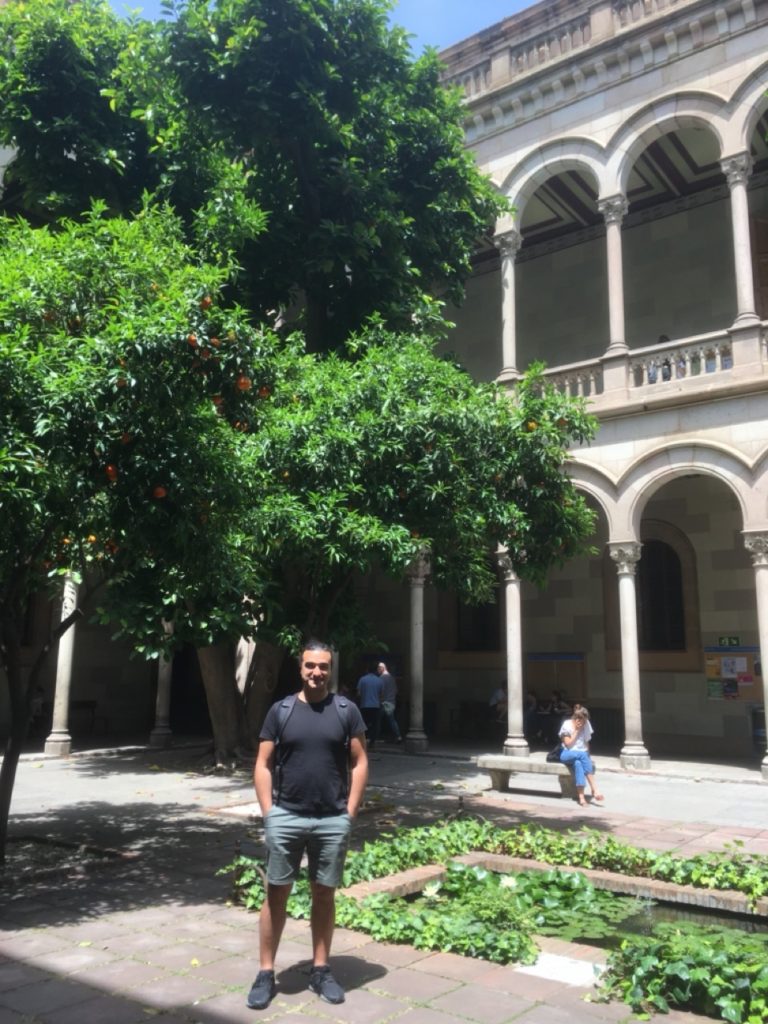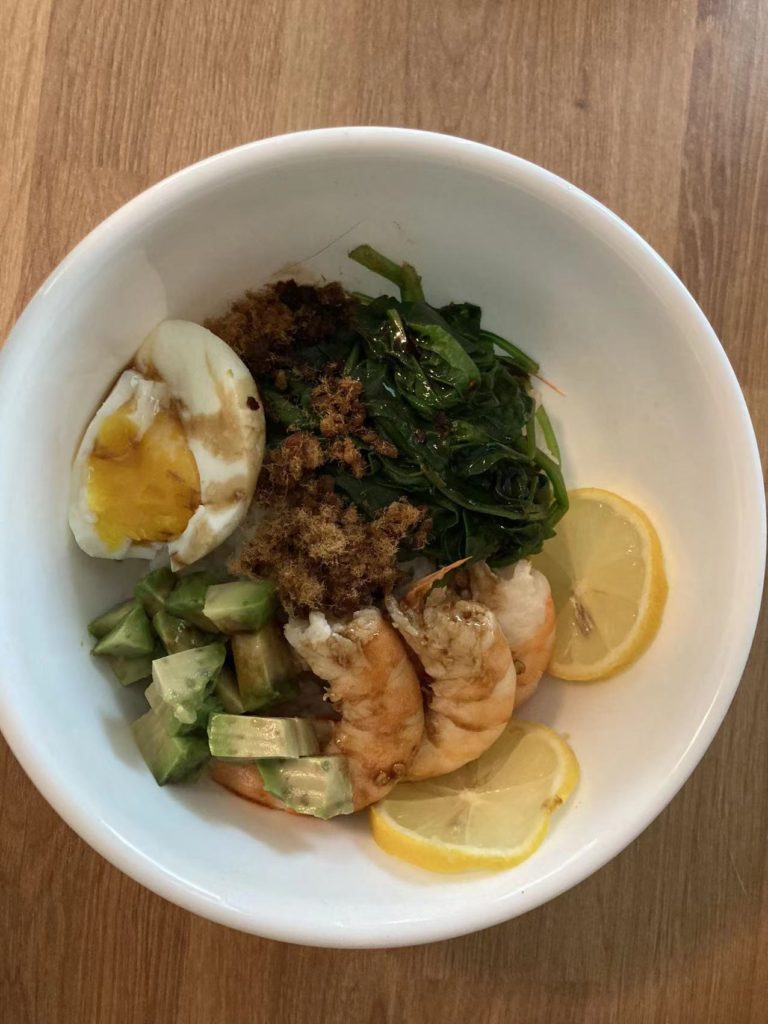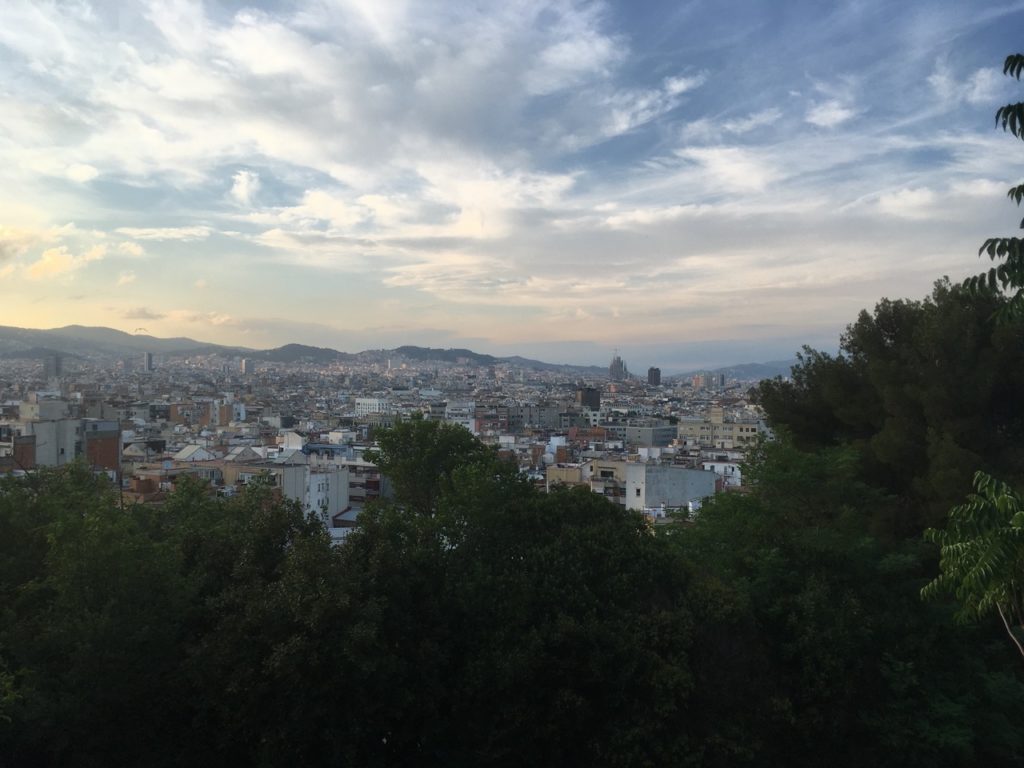
It has been almost two weeks since I arrived in Barcelona. I am getting used to the tempo of the city and better understand the cultures the city hosts. Until now, being a student in Barcelona has been a fascinating experience. I am taking long walks to observe different neighborhoods in the city. I could observe one common thing in all communities I have seen so far. People in Barcelona value time differently. In this short reflection piece, I will share how locals take their time to do things.
As I observe, locals of Barcelona rarely rush. They do not feel the need to speed up while preparing or eating their food. They take long coffee breaks. They talk and listen to each other literally for hours. In short, they usually like to take their time and enjoy their everyday activities.
The way locals approach time management has been quite unusual for me. So, as a student/researcher, I wanted to understand what locals think about my observation. I asked a few locals why they do not rush in their everyday life. I received fascinating answers. But one of the answers I received was strikingly interesting. I was told that “there is no Spanish fast food. Of course, you can find so-called fast food in Spain, but that is not really Spanish food. Spaniards like having enough time for eating and drinking.” As people do not rush in their everyday life, there is often more time for interpersonal dialogues.
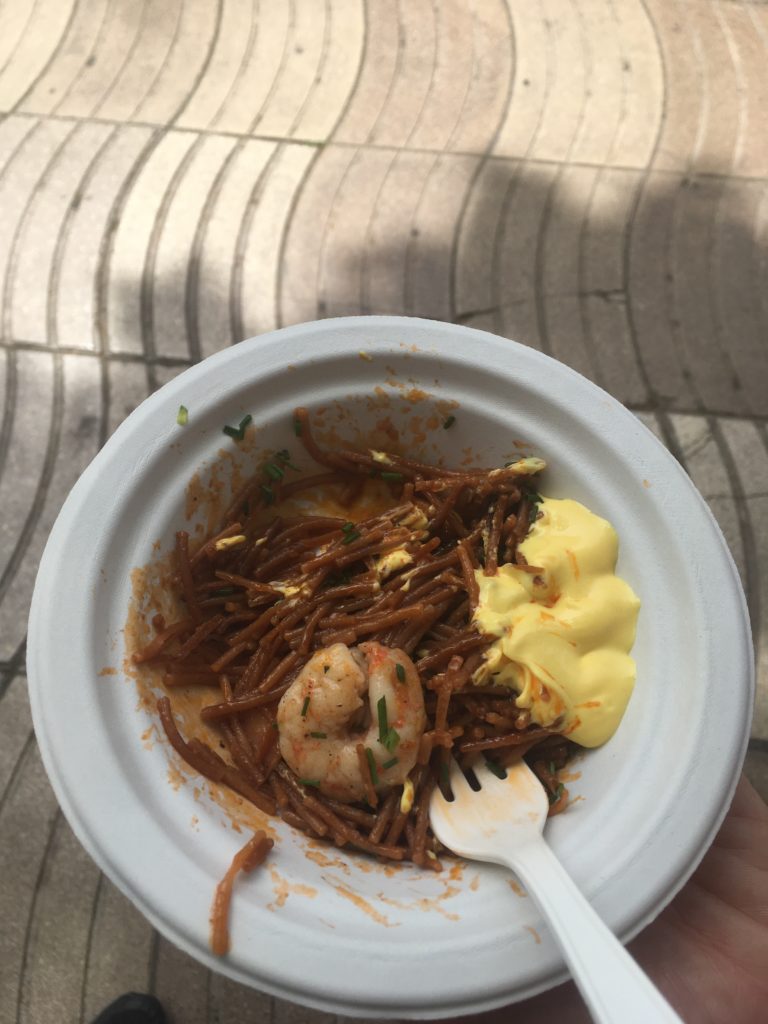
Local’s approach to investing sufficient time in doing things can also be observed in the historical architecture. Spain, particularly Barcelona, is known for its beautiful architecture. Yet, I was not expecting to see the exterior walls of many old buildings be so beautifully decorated. Almost in all streets, you can spot at least one or more buildings elaborately decorated. Whenever I look at the impressive buildings of Barcelona, I think about the time and labor invested in constructing them. Even the buildings of the University where I am taking my language courses are nicely decorated. This aesthetic dimension of the environment makes everyday life pleasurable. So, the people of Barcelona have long conversations in beautiful settings.
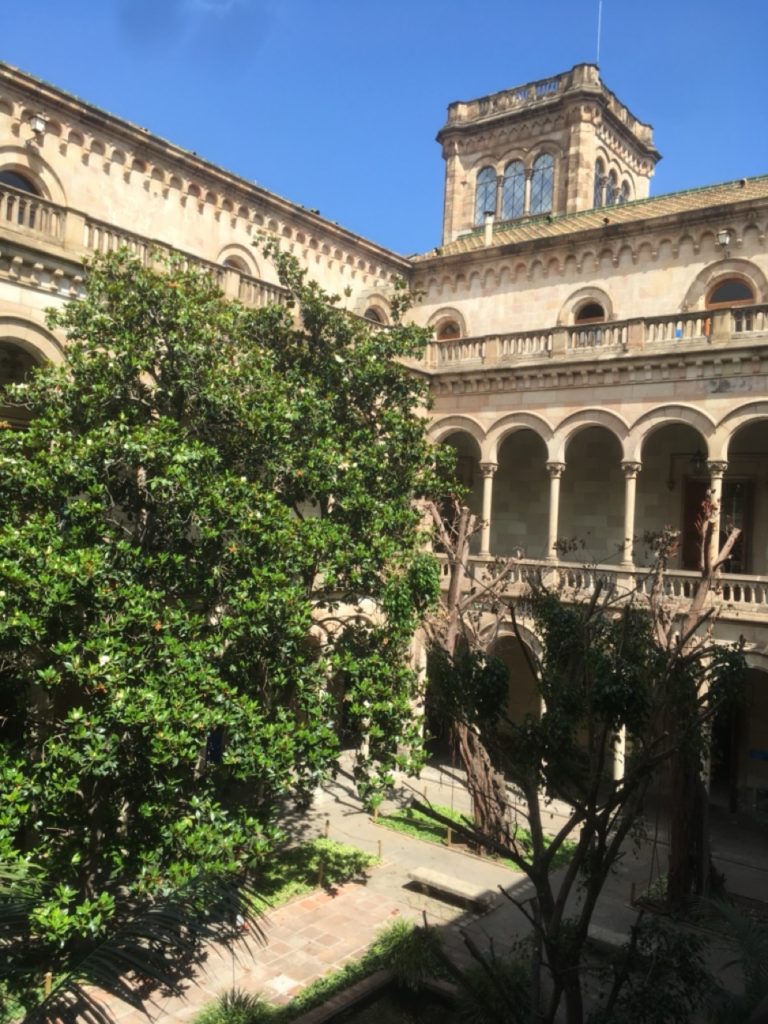
The importance of having sufficient time also shapes my class schedules and the pedagogical approach at the language school I am attending. My current Spanish teachers rarely rush from one topic to another. Teachers make sure that students not only understand the grammar structure but also have sufficient time to practice phrases. This approach really helps me to feel more comfortable speaking Spanish with locals.
